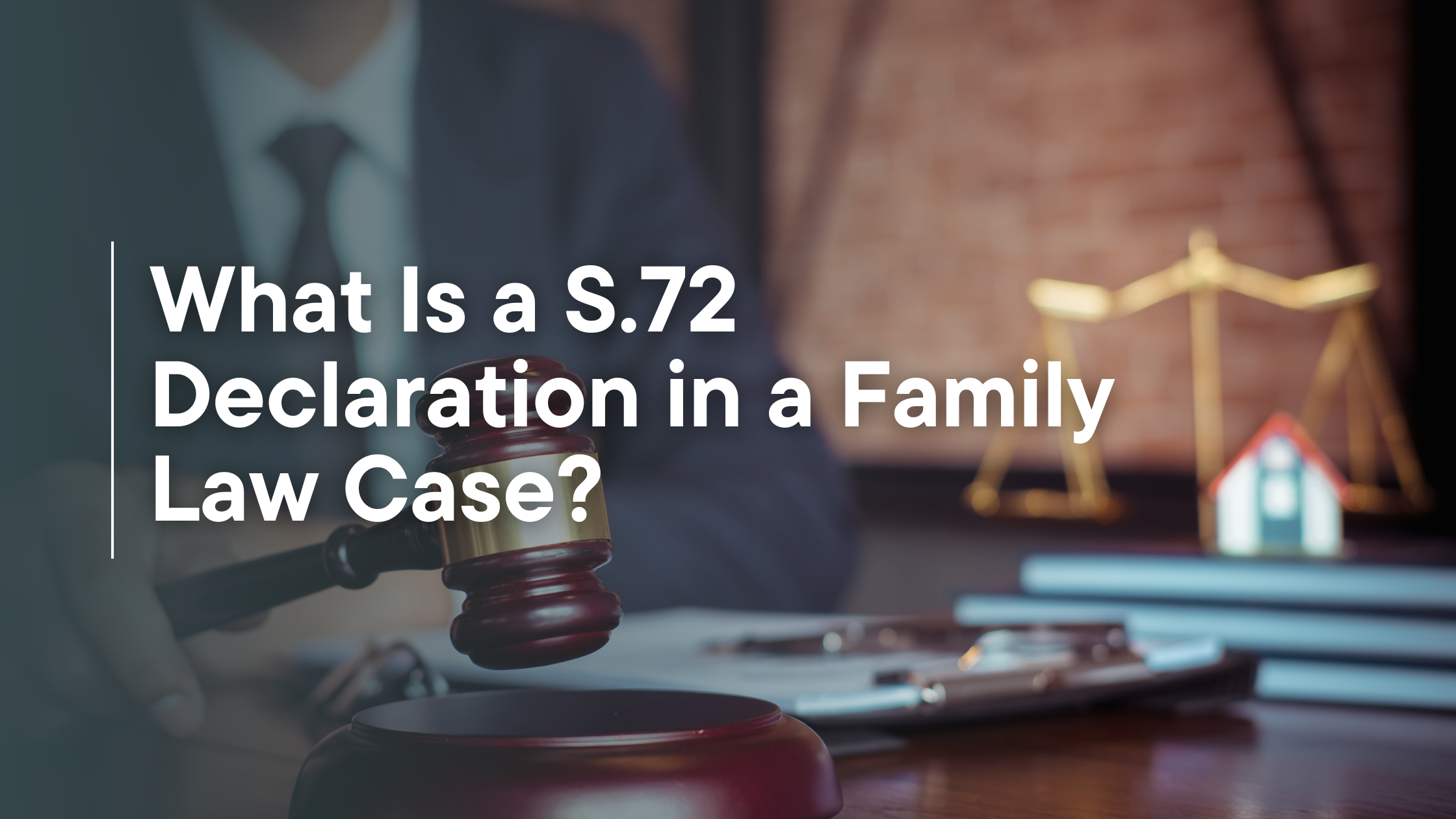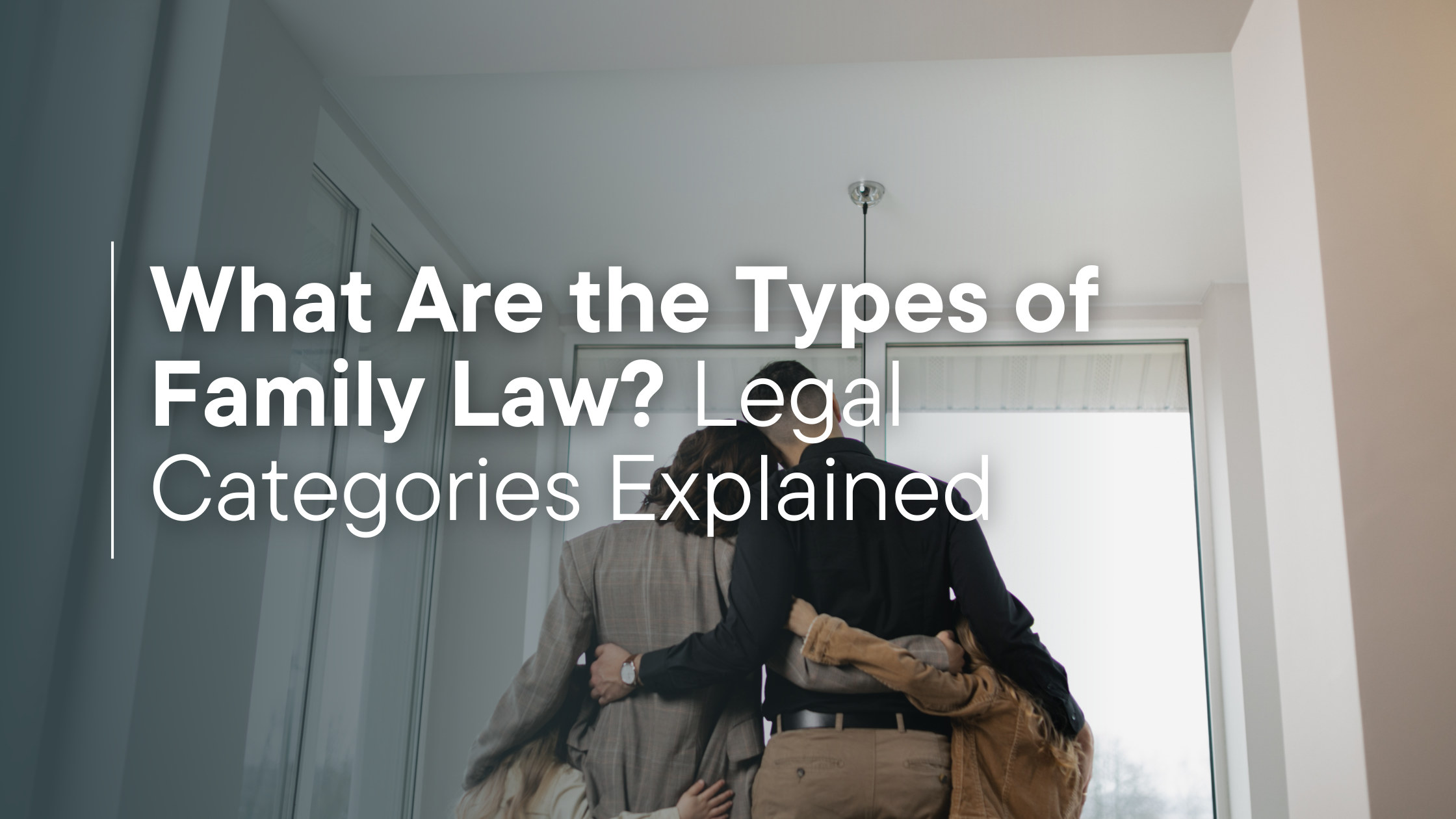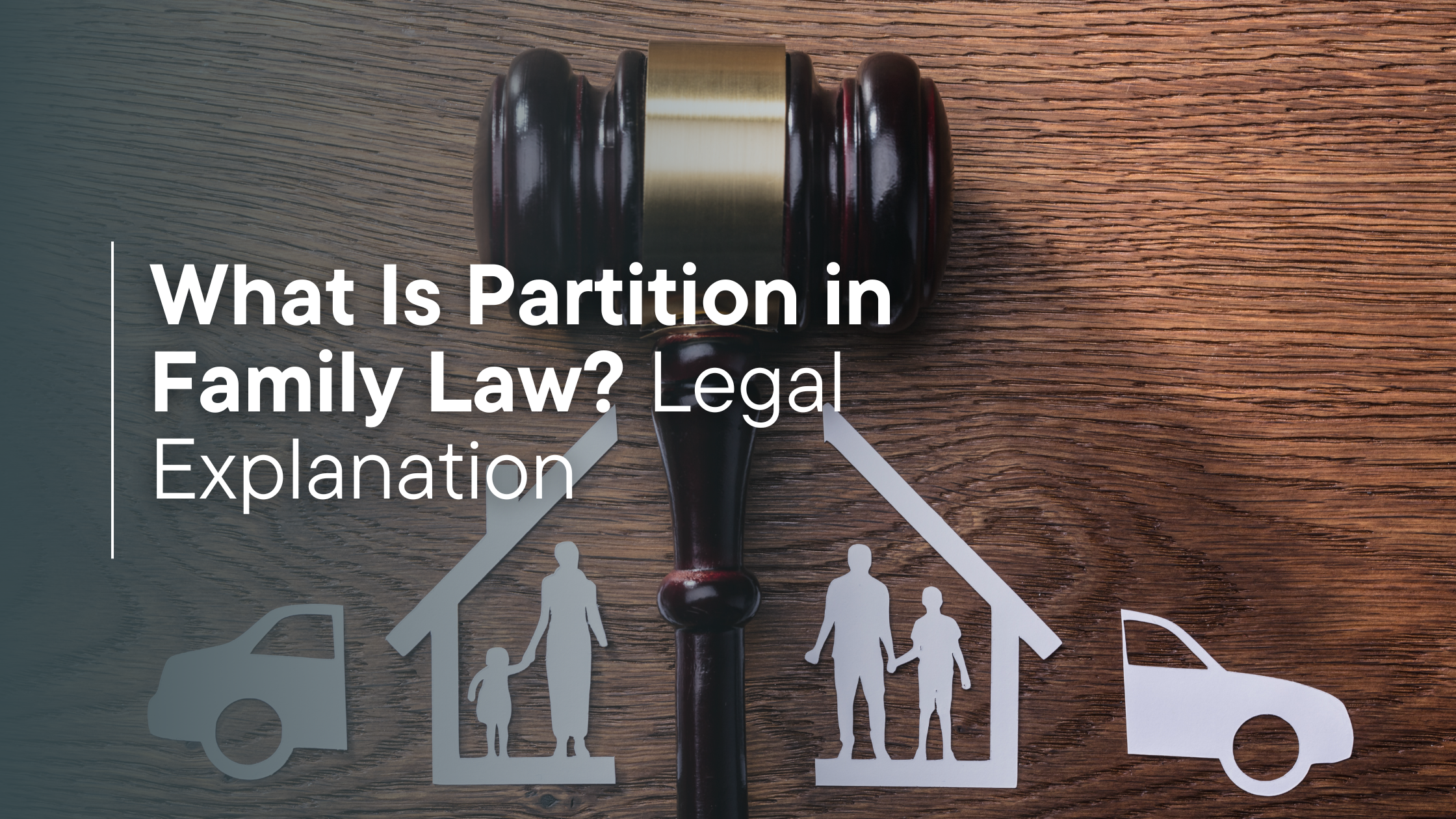Navigating the complexities of family law can feel overwhelming, especially when legal terms and processes are unfamiliar. One such legal concept that may arise in certain family law cases is the S.72 Declaration. If you find yourself facing a family law dispute, understanding what a S.72 Declaration is, when it’s used, and how it can impact your case is essential. At Barli Law LLC, we provide clear, compassionate legal guidance to help you through even the most challenging family law matters.
What Is a S.72 Declaration?

A S.72 Declaration refers to a formal legal request in family law cases, primarily within the context of divorce, child custody disputes, and domestic violence cases. The declaration is typically used to assert a specific fact or position before the court, often in circumstances where there is a need for clarification or to prevent ambiguity in legal proceedings. Essentially, it allows a party to confirm or deny particular elements of the case that could influence the outcome.
The S.72 Declaration serves as a vital tool to make specific points clear, especially in cases involving contentious issues such as the welfare of children, property division, or spousal support.
When Is a S.72 Declaration Used?

While not every family law case will require a S.72 Declaration, it is commonly used in situations where clarification or confirmation of facts is necessary. Some typical scenarios include:
- Child Custody Cases: If parents are in dispute over custody arrangements, a S.72 Declaration may be used to confirm details about living arrangements, the child’s welfare, or parenting responsibilities.
- Domestic Violence Situations: In cases involving allegations of domestic abuse, the declaration may be used to clarify the extent of the alleged abuse or establish a pattern of behavior that could influence court decisions.
- Financial Matters: A S.72 Declaration might be used to confirm financial positions in a divorce, such as the value of assets or the need for financial support.
The Legal Process for Obtaining a S.72 Declaration

Obtaining a S.72 Declaration typically involves several steps:
- Consultation with Legal Counsel: The first step is to consult with an experienced family law attorney who can determine whether a S.72 Declaration is appropriate for your case.
- Preparing the Declaration: Your attorney will draft the S.72 Declaration, ensuring that it clearly addresses the facts or issues to be clarified. This document will outline the specific statements that are being asserted and will be signed under oath.
- Filing with the Court: The declaration is then filed with the appropriate court. Depending on the nature of the case, it may need to be served to the other party involved in the dispute.
- Court Review: The court will review the declaration and may use it to make decisions related to the case, such as determining custody, support, or the division of assets.
- Court Hearing (if applicable): In some cases, a hearing may be scheduled to discuss the declaration and any other related matters.
The Impact of a S.72 Declaration on a Case
A S.72 Declaration can significantly influence the outcome of a case by:
- Providing Clarity: It ensures that the court has accurate and precise information about key facts in the case, which can lead to a more efficient resolution.
- Strengthening a Party’s Position: In disputes over custody or financial issues, a well-crafted declaration can strengthen one party’s position by establishing undeniable facts or clarifying contested issues.
- Reducing Ambiguity: By clarifying facts, it reduces the possibility of misunderstandings or misinterpretations that could lead to delays or complications in the case.
S.72 Declaration vs. Other Legal Declarations

While the S.72 Declaration is specifically used in family law matters, there are other types of legal declarations in family law, such as custody declarations or protective orders. Here’s how a S.72 Declaration compares:
- Custody Declarations: These typically relate to formal decisions made by the court regarding child custody arrangements, whereas a S.72 Declaration may be used to assert specific facts that influence custody decisions.
- Protective Orders: These orders are used to protect a party from harm (often in cases of domestic violence), whereas a S.72 Declaration is a statement of fact that helps clarify certain issues in a case.
Each legal process serves a unique function, and understanding the distinctions can help you choose the most effective course of action for your situation.
Common Misconceptions About S.72 Declarations

There are several misconceptions about S.72 Declarations that can cause confusion. Some of the most common include:
- It’s Always Required in Family Law Cases: While a S.72 Declaration can be helpful in many cases, it is not always necessary. Your attorney will assess whether it is the best approach based on the specifics of your case.
- It’s a Guarantee of a Favorable Outcome: A declaration can strengthen your case, but it does not guarantee that the court will rule in your favor. The final decision will depend on the totality of the evidence presented.
- It’s Just a Formality: A S.72 Declaration is a formal legal document that carries significant weight. It must be prepared carefully and accurately to ensure it serves its intended purpose.
Conclusion
A S.72 Declaration is a powerful tool in family law cases, helping to clarify key facts and ensure that the court has all the necessary information to make an informed decision. If you believe that a S.72 Declaration could play a role in your case, it is essential to consult with an experienced family law attorney who can guide you through the process with precision and care.
Let us stand by your side during this challenging time. At Barli Law LLC, we are committed to providing clear, compassionate, and knowledgeable legal guidance for all your family law matters. Contact us today to schedule a consultation and learn how we can help you navigate your legal challenges with confidence.




